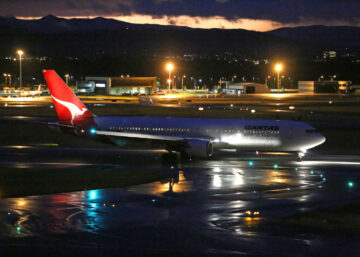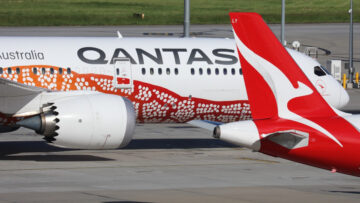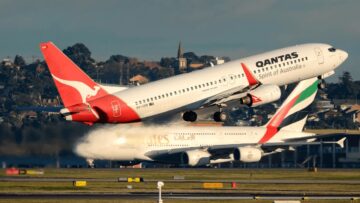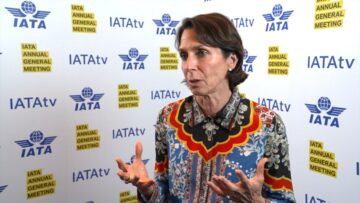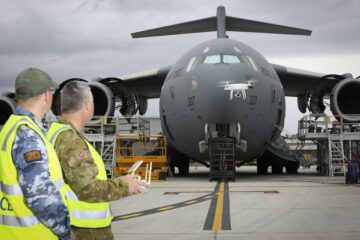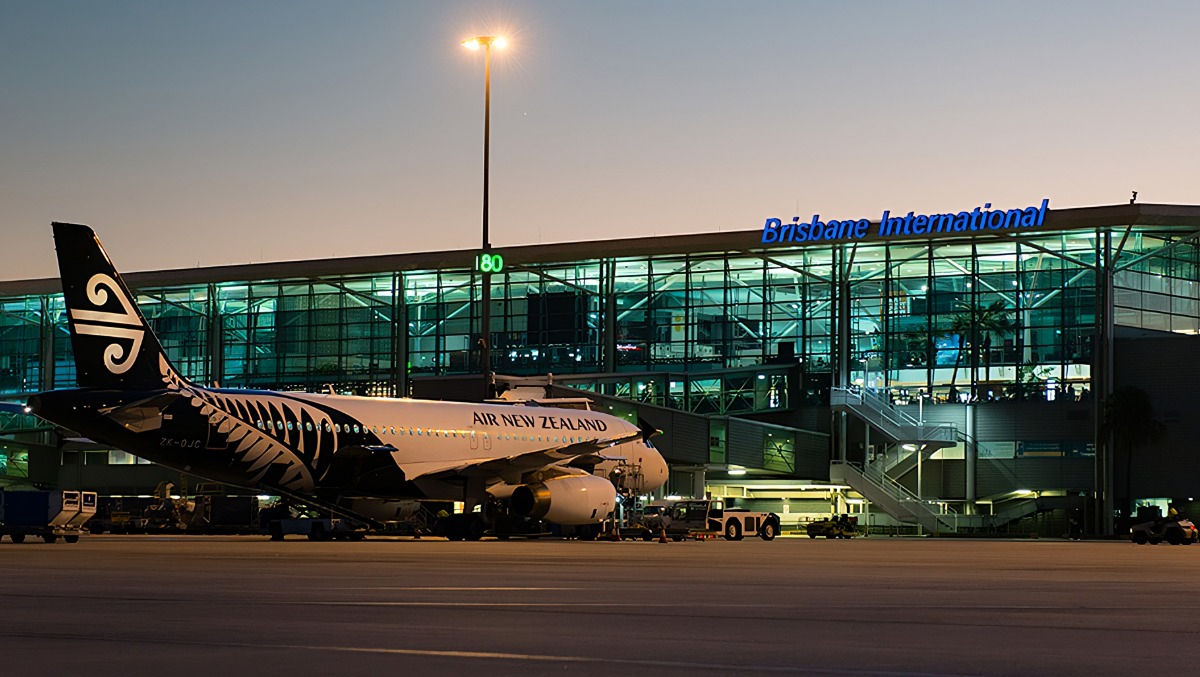
Brisbane Airport has become the first in Australia to achieve a significant global rating for its work to reduce carbon emissions.
Airport Council International’s Level 4 Airport Carbon Accreditation – which is the penultimate level, as the previous levels are 1, 2, 3, and 3+ – signifies the adoption of a long-term strategy for absolute emissions reductions, as well as evidence of meaningful partnerships to reduce partner emissions.
“Given Australia’s reliance on air travel to connect to the rest of the world, partnering with all parts of the aviation sector to decarbonise the industry is essential to protecting the natural heritage that Queensland is world-renowned for,” said Gert-Jan de Graaff, CEO of Brisbane Airport Corporation (BAC).
“We are playing an active role in enabling the airport community and aviation sector to decarbonise. Queensland is well placed to be part of the Sustainable Aviation Fuels revolution and design of next-generation aircraft.”
As the only institutionally endorsed global airport carbon management certification program, Airport Carbon Accreditation independently assesses and certifies airports’ efforts to manage and cut back on carbon emissions. It measures airports’ efforts across six levels, starting at level 1, “Mapping”, and moving up to level 4+, “Transition”.
The level 4 accreditation puts Brisbane – the tenth Asia-Pacific airport to reach level 4 or above – on the same footing as Bahrain, Christchurch, Hong Kong, Kansai, Kobe, and Osaka Airports in the Asia-Pacific region.
In Australia, Sunshine Coast Airport is at level 3+, “Neutrality”, while Adelaide, Melbourne, Parafield and Sydney are at level 3, “Optimisation”; Hobart, Mount Isa, Townsville and Perth are at level 2, “Reduction”; and Broome, Gold Coast and Longreach are at level 1, “Mapping”.
PROMOTED CONTENT
Stefano Baronci, director general, ACI Asia-Pacific, said Brisbane Airport is setting an example for airports in the region.
“Brisbane Airport is firmly positioning itself as one of the leaders in efficient carbon management, and this achievement truly demonstrates its firm commitment to invest in a more sustainable future.
“It’s encouraging to see airports making tremendous efforts to adapt to the impact of climate change and enhance climate-resilience in an era of unprecedented challenges for the industry,” he said.
Key steps in Brisbane Airport’s sustainability efforts have included the installation of 18,000 solar panels in 2019, as well as the acceleration of its net zero target, the deployment of Australia’s first all-electric refueller, the commitment to another five megawatts of solar capacity, and the announcement of a renewable energy deal, all in 2022.
- SEO Powered Content & PR Distribution. Get Amplified Today.
- Platoblockchain. Web3 Metaverse Intelligence. Knowledge Amplified. Access Here.
- Source: https://australianaviation.com.au/2023/03/brisbane-airport-first-to-achieve-low-carbon-accreditation/
- :is
- $UP
- 000
- 1
- 2019
- 2022
- a
- above
- Absolute
- acceleration
- accreditation
- Achieve
- achievement
- across
- active
- adapt
- Adoption
- AIR
- air travel
- aircraft
- airport
- Airports
- All
- all-electric
- and
- Announcement
- Another
- ARE
- AS
- At
- Australia
- aviation
- back
- bahrain
- BE
- become
- Brisbane
- Capacity
- carbon
- carbon emissions
- ceo
- Certification
- challenges
- change
- Climate
- Climate change
- Coast
- COM
- commitment
- community
- Connect
- CORPORATION
- Council
- Cut
- deal
- demonstrates
- deployment
- Design
- Director
- efficient
- efforts
- Emissions
- enabling
- encouraging
- energy
- Era
- essential
- evidence
- example
- Firm
- firmly
- First
- For
- fuels
- future
- General
- Global
- Gold
- Have
- heritage
- Hong
- Hong Kong
- HTTPS
- Impact
- in
- included
- independently
- industry
- Invest
- IT
- ITS
- itself
- jpg
- Kong
- leaders
- Level
- level 4
- levels
- long-term
- low-carbon
- Making
- manage
- management
- meaningful
- measures
- Melbourne
- more
- MOUNT
- moving
- Natural
- net
- next-generation
- of
- on
- ONE
- panels
- part
- partner
- partnering
- partnerships
- parts
- Perth
- plato
- Plato Data Intelligence
- PlatoData
- playing
- positioning
- previous
- Program
- protecting
- Puts
- rating
- reach
- reduce
- region
- reliance
- Renewable
- renewable energy
- REST
- Revolution
- Role
- Said
- same
- sector
- setting
- significant
- signifies
- SIX
- solar
- solar panels
- Starting
- Steps
- Strategy
- sunshine
- Sustainability
- sustainable
- sustainable future
- sydney
- Target
- that
- The
- the world
- to
- travel
- tremendous
- unprecedented
- WELL
- which
- while
- with
- Work
- world
- world-renowned
- zephyrnet
- zero

